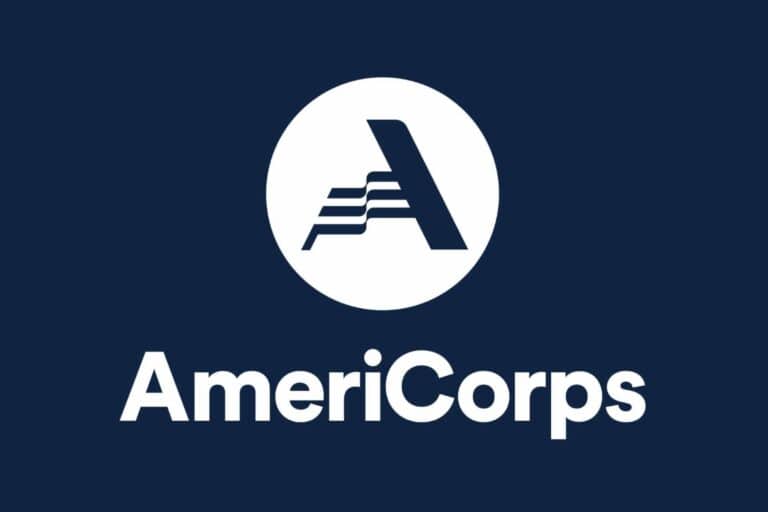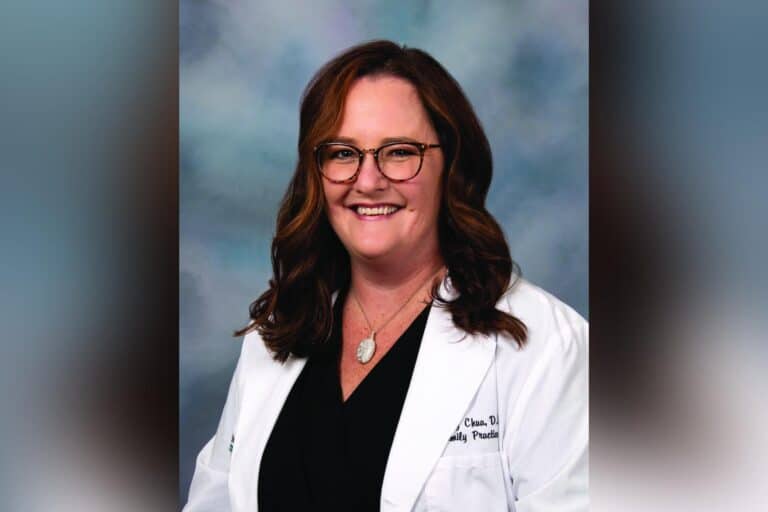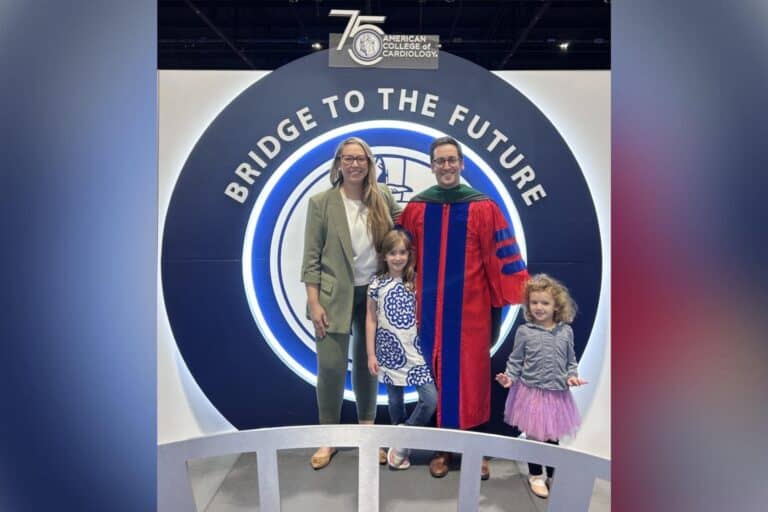The West Virginia Department of Human Services (DoHS) has released its semi-annual Children’s Mental and Behavioral Health Services Quality and Outcomes Report, outlining improvements in the state’s mental health system. This report is part of ongoing efforts to enhance care for children with serious emotional disorders.
Laura Hunt, Director of the DoHS Office of Quality Assurance for Children’s Programs, emphasized the importance of the insights gained. “This insight allows the Department to explore and understand its systems and their impacts in ever-evolving manners, expanding opportunities to identify and address needs and strengths within the layers of the children’s mental health system,” Hunt said. “The Department’s enhanced children’s mental health system has maintained a trajectory for growth and is expected to continue to help families thrive.”
The report highlights several significant findings:
- Increased Demand and Utilization of Services: There has been a notable rise in mental health service usage since the COVID-19 pandemic. Emergency Department visits for mental health issues increased from 8.3% in the latter half of 2022 to 11.4% in early 2023. However, placements in residential mental health treatment facilities showed only a modest rise, indicating that more children are being diverted to home and community-based services.
- Assessment Pathway Success: The Assessment Pathway effectively connects children and families to necessary services. Approximately 83% of children approved for the Children with Serious Emotional Disorder Waiver (CSEDW) received timely access to mental health services. Before the waiver, only 60% of children had access to those services within 90 days of application.
- Record Referrals: Referrals to the Assessment Pathway reached nearly 400 in December 2023, boosted by a successful outreach campaign and better networking with education, social work, and counseling professionals.
- WV Wraparound Services: Enrollment in WV Wraparound services—intensive home and community-based programs—has nearly doubled, with 1,649 children participating compared to about 850 in residential treatment facilities.
- CSEDW Amendments: As of July 1, 2024, amendments to the CSEDW will enhance workforce capabilities, provider reimbursement, quality, and access to services.
DoHS remains focused on improving data quality and early intervention efforts. More children are being successfully diverted from unnecessary out-of-home placements, with Qualified Independent Assessment referrals exceeding residential treatment admissions as of March 2024.
In partnership with organizations like Casey Family Programs and Building Bridges, DoHS is developing new care models for children needing residential treatment. The recently launched “West Virginia Needs You Now” campaign aims to recruit foster homes for teenagers with complex mental and behavioral health needs.
For more resources related to children’s mental health in West Virginia, visit kidsthrive.wv.gov/Pages/default.aspx or call the Children’s Crisis and Referral Line at (844) 435-7498. To explore career opportunities in the behavioral health field, visit dhhr.wv.gov/Pages/Career-Opportunities.aspx.














